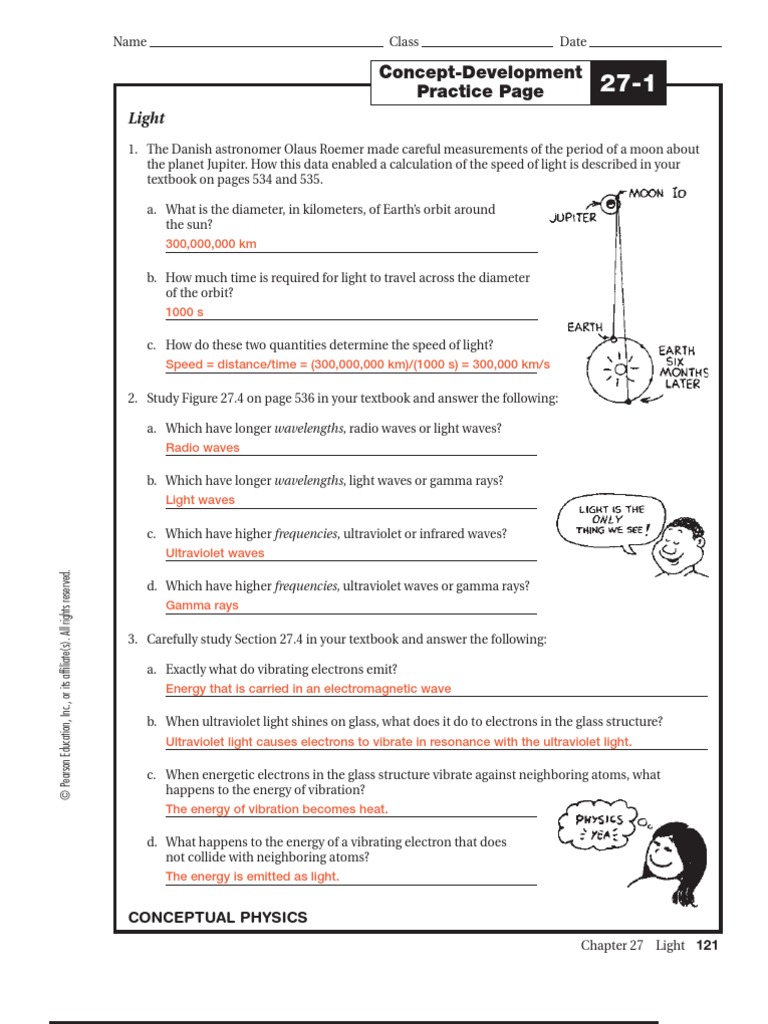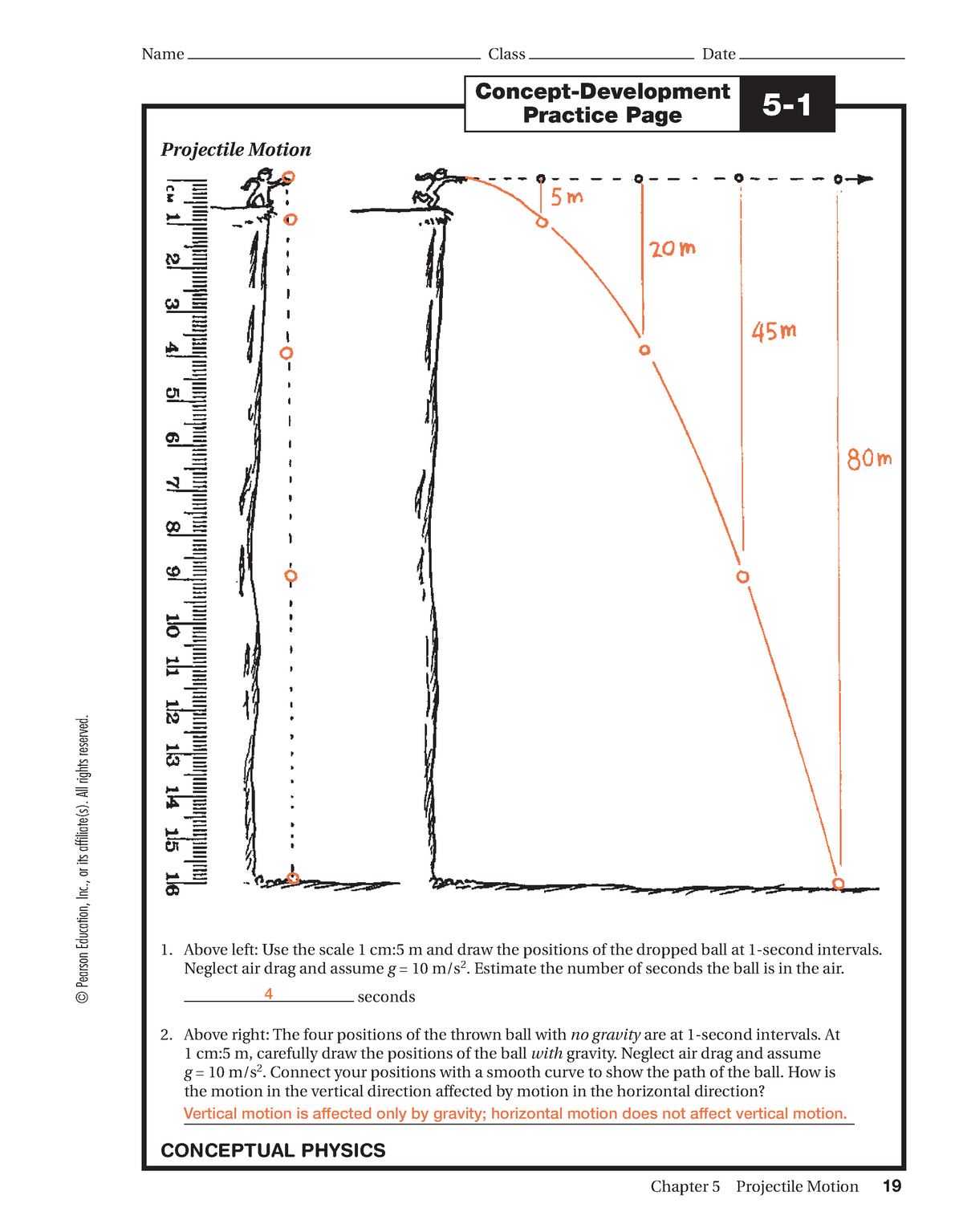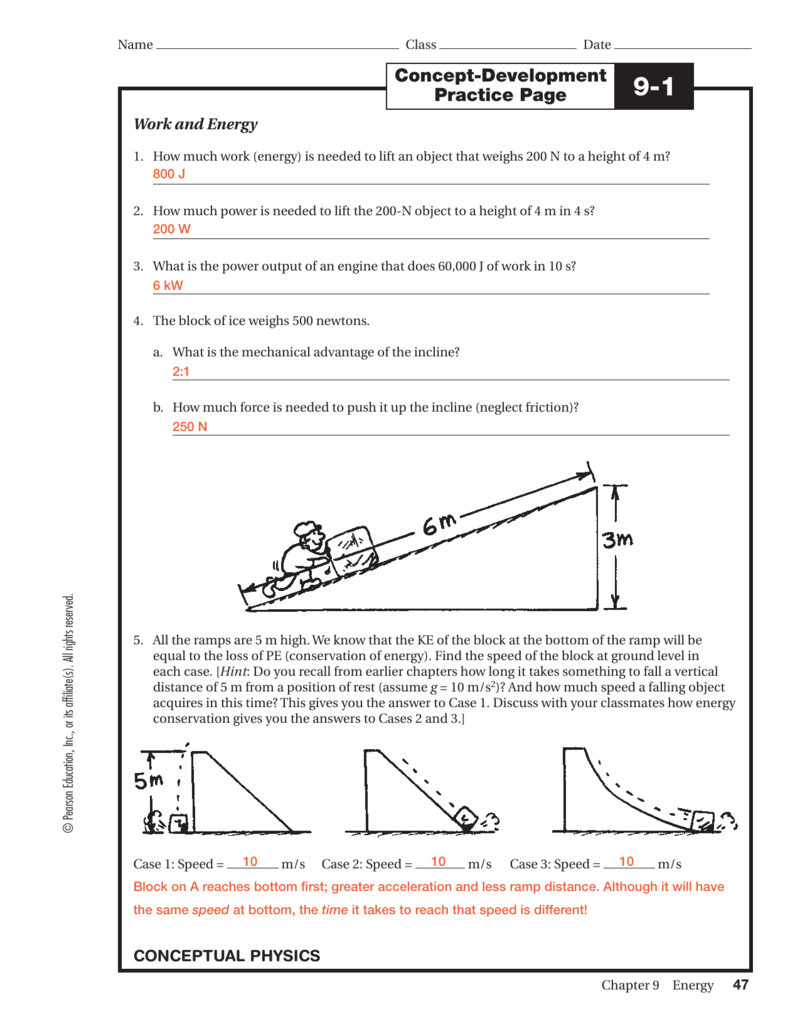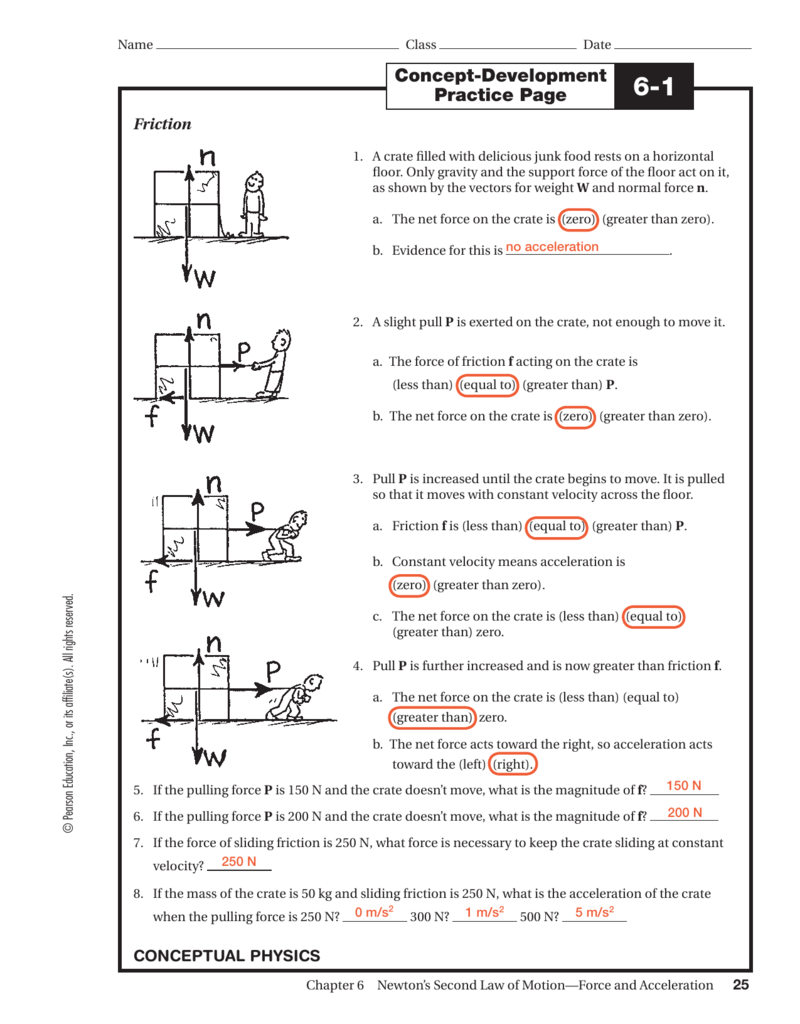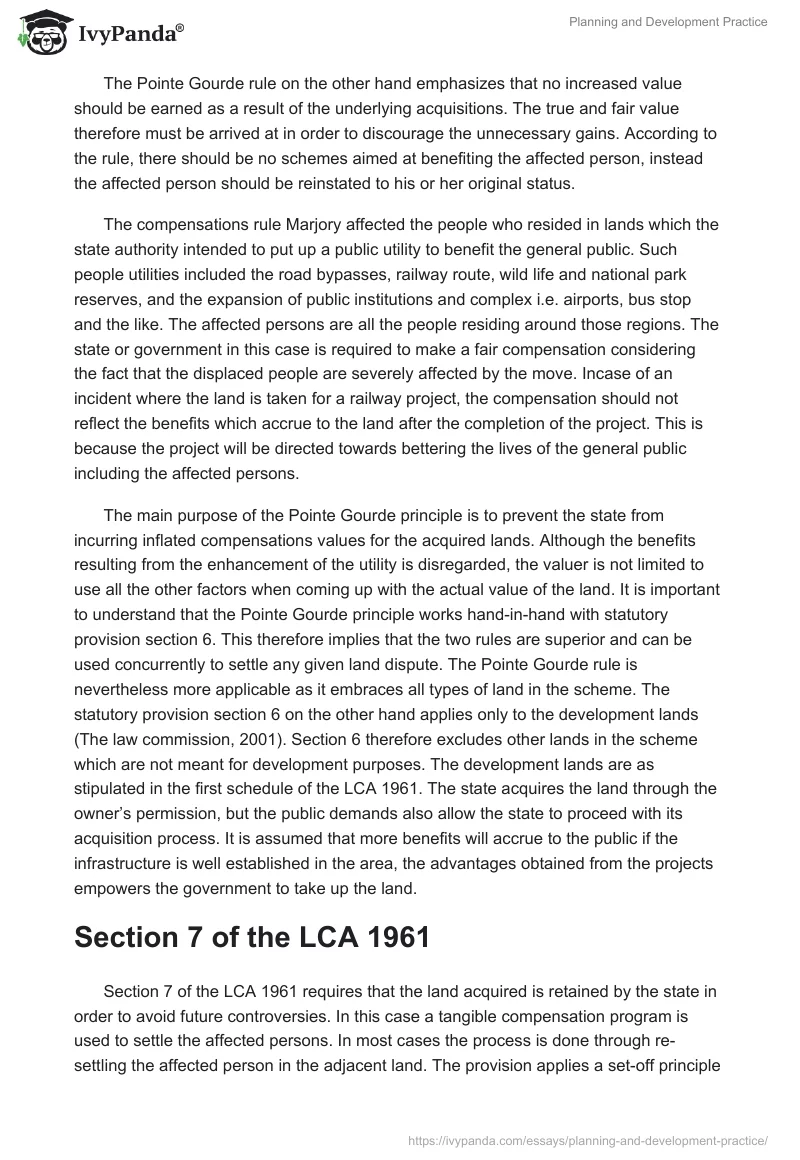Concept Development Practice Page 5 3
Concept Development Practice Page 5 3 - How much work (energy) is needed to lift an object that weighs 200 n to a height of 4 m? There is (friction) (no friction). The normal support force n is equal and opposite to weight w. When two vectors a and b are at an angle to each other, they add to produce the resultant c by the parallelogram rule. What is the power output of an. The block is at rest on a horizontal surface. Neglect air drag and assume g = 10 m/s2.
How much work (energy) is needed to lift an object that weighs 200 n to a height of 4 m? What is the power output of an. There is (friction) (no friction). When two vectors a and b are at an angle to each other, they add to produce the resultant c by the parallelogram rule. The block is at rest on a horizontal surface. Neglect air drag and assume g = 10 m/s2. The normal support force n is equal and opposite to weight w.
Neglect air drag and assume g = 10 m/s2. When two vectors a and b are at an angle to each other, they add to produce the resultant c by the parallelogram rule. The block is at rest on a horizontal surface. What is the power output of an. The normal support force n is equal and opposite to weight w. There is (friction) (no friction). How much work (energy) is needed to lift an object that weighs 200 n to a height of 4 m?
Physics at Desert View High School Conceptual Collisions
How much work (energy) is needed to lift an object that weighs 200 n to a height of 4 m? There is (friction) (no friction). Neglect air drag and assume g = 10 m/s2. When two vectors a and b are at an angle to each other, they add to produce the resultant c by the parallelogram rule. The normal.
Refraction ConceptDevelopment Practice Page
Neglect air drag and assume g = 10 m/s2. There is (friction) (no friction). How much work (energy) is needed to lift an object that weighs 200 n to a height of 4 m? The normal support force n is equal and opposite to weight w. What is the power output of an.
Top Management Should Implement New Product Development Strategies
How much work (energy) is needed to lift an object that weighs 200 n to a height of 4 m? What is the power output of an. The normal support force n is equal and opposite to weight w. Neglect air drag and assume g = 10 m/s2. The block is at rest on a horizontal surface.
Concept Development
How much work (energy) is needed to lift an object that weighs 200 n to a height of 4 m? The block is at rest on a horizontal surface. The normal support force n is equal and opposite to weight w. What is the power output of an. When two vectors a and b are at an angle to each.
Conceptual Physics Worksheet Answers Mmosguides
The normal support force n is equal and opposite to weight w. What is the power output of an. How much work (energy) is needed to lift an object that weighs 200 n to a height of 4 m? When two vectors a and b are at an angle to each other, they add to produce the resultant c by.
(PDF) ConceptDevelopment 112 Practice Page · CONCEPTUAL PHYSICS
The block is at rest on a horizontal surface. There is (friction) (no friction). How much work (energy) is needed to lift an object that weighs 200 n to a height of 4 m? Neglect air drag and assume g = 10 m/s2. What is the power output of an.
Free Fall Concept and Development Practice Page YS 696 Raritan
Neglect air drag and assume g = 10 m/s2. The normal support force n is equal and opposite to weight w. What is the power output of an. The block is at rest on a horizontal surface. How much work (energy) is needed to lift an object that weighs 200 n to a height of 4 m?
Conceptual Physics Free Fall Worksheet Answers Ameise Live
What is the power output of an. There is (friction) (no friction). When two vectors a and b are at an angle to each other, they add to produce the resultant c by the parallelogram rule. The normal support force n is equal and opposite to weight w. How much work (energy) is needed to lift an object that weighs.
Conceptual Physics Net Force Worksheet Answers Master of
The block is at rest on a horizontal surface. How much work (energy) is needed to lift an object that weighs 200 n to a height of 4 m? What is the power output of an. Neglect air drag and assume g = 10 m/s2. When two vectors a and b are at an angle to each other, they add.
Planning and Development Practice 2984 Words Essay Example
How much work (energy) is needed to lift an object that weighs 200 n to a height of 4 m? The block is at rest on a horizontal surface. When two vectors a and b are at an angle to each other, they add to produce the resultant c by the parallelogram rule. Neglect air drag and assume g =.
How Much Work (Energy) Is Needed To Lift An Object That Weighs 200 N To A Height Of 4 M?
What is the power output of an. The block is at rest on a horizontal surface. There is (friction) (no friction). Neglect air drag and assume g = 10 m/s2.
When Two Vectors A And B Are At An Angle To Each Other, They Add To Produce The Resultant C By The Parallelogram Rule.
The normal support force n is equal and opposite to weight w.



